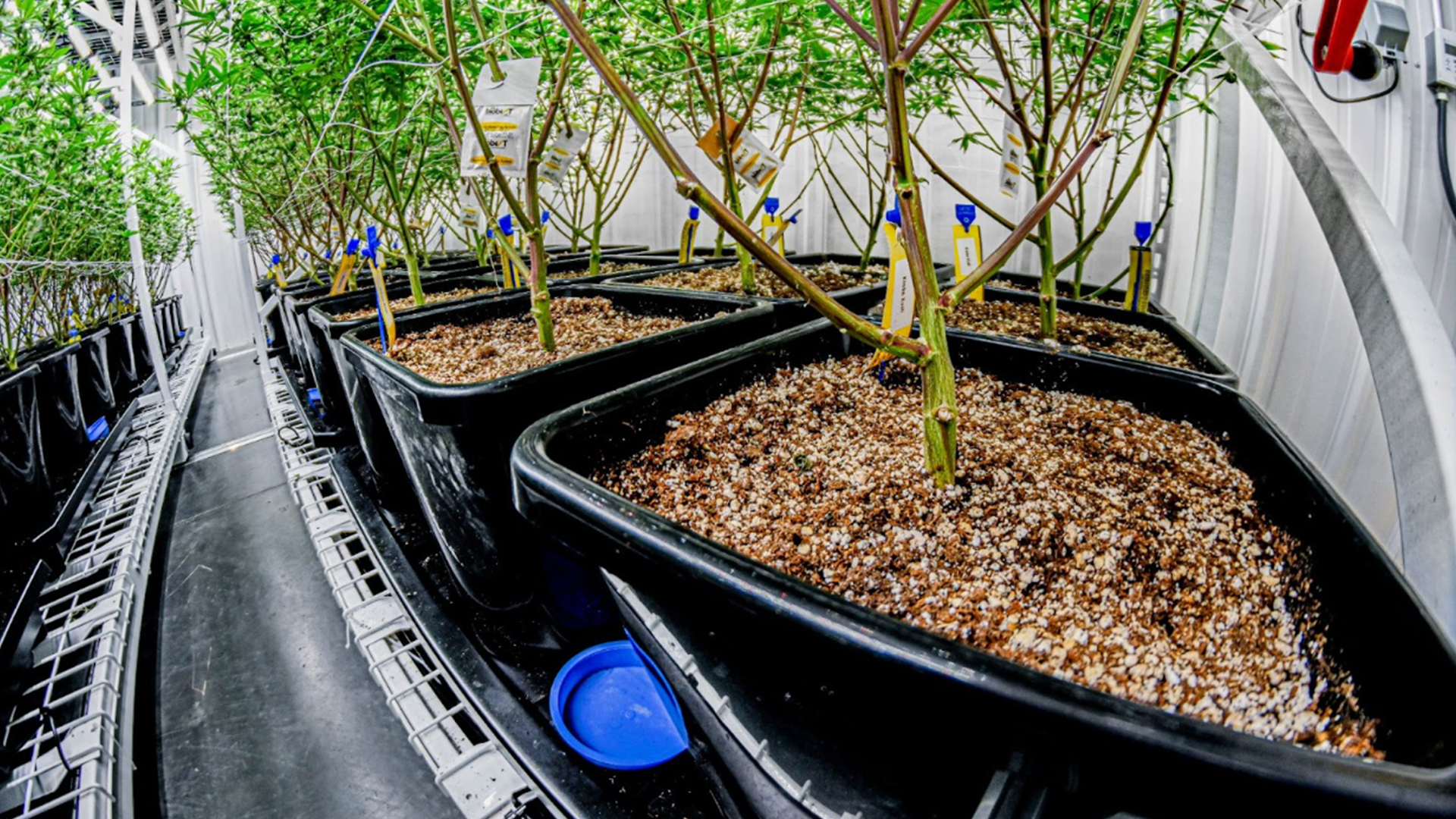Are you looking to know What Withdrawal Limits Do Crypto Casinos Enforce per Transaction? then read this article to find out What Withdrawal Limits Do Crypto Casinos Enforce per Transaction

Withdrawal restrictions vary wildly across cryptocurrency gambling platforms. Some sites let you cash out substantial amounts in single transactions, while others impose tight daily caps. The limits depend on your verification status, VIP tier, and account history. what are the most popular games at crypto casinos these days? Slots still dominate player activity, followed by live blackjack and roulette, with dice games popular among players who care about provably fair mechanics. Withdrawal caps exist for security, regulatory compliance, and liquidity management rather than arbitrary profit schemes.
Verification enables access
- Unverified accounts face the tightest restrictions. Players who only provided email addresses during registration deal with modest daily withdrawal caps. Hit a substantial win, and you’re spreading cashouts across multiple days or weeks. The restriction protects platforms from coordinated fraud attempts where criminals create numerous accounts to exploit bonuses, then withdraw quickly.
- Submitting identification documents changes everything. Verified players get dramatically higher limits, sometimes ten times what unverified accounts access. The KYC requirements serve dual purposes: anti-money laundering compliance and preventing account hijacking theft. Platforms need to know who they’re paying large sums to, both for legal reasons and risk management.
- High rollers who deposit and wager consistently negotiate custom arrangements. These players contact casino management directly, requesting personalised withdrawal terms. Someone generating serious wagering volume can pull amounts far exceeding standard limits with advance notice. The casino arranges liquidity and processes payments manually rather than through automated systems. Makes perfect sense since platforms compete intensely for whale business.
Time-based reset structures
Most casinos implement rolling time windows that refresh at set intervals. Daily limits reset at specific times, weekly caps renew on particular days, and monthly thresholds restart on schedule. Players managing large withdrawals need to understand these cycles for strategic planning. Someone with substantial winnings optimize withdrawal timing around limit resets. Spreading requests across multiple reset periods maximizes throughput without hitting caps. Missing a reset window wastes that period’s allocation since limits don’t accumulate or carry forward. The system requires attention and planning rather than random withdrawal requests.
Tiered player systems
VIP programs create graduated limit structures rewarding loyalty and wagering volume. Bronze tier members access basic limits while platinum players enjoy substantially higher thresholds. Each tier upgrade unlocks better withdrawal capabilities alongside other perks like faster processing and dedicated support. Progression through tiers happens automatically as players meet wagering requirements. Some platforms make tier status transparent with clear requirements published. Others keep the criteria vague, promoting players based on holistic activity assessments. Either way, consistent high-volume gambling increases your withdrawal access over time.
Transaction minimums matter
Platforms set floor amounts below which they won’t process withdrawals. These minimums exist because network transaction fees consume disproportionate percentages of small quantities. Processing tiny withdrawals makes no economic sense when fees represent significant portions of the total. The minimums vary based on network costs and platform policies. Some operators set aggressive thresholds, pushing players toward larger withdrawals. Others accommodate small cashouts, accepting the inefficiency as customer service. Knowing these minimums before depositing prevents situations where winnings sit trapped below withdrawal thresholds.
Currency selection flexibility
Players holding multiple cryptocurrency types sometimes exploit separate limit pools. Platforms treating each cryptocurrency independently effectively multiply available withdrawal capacity. Someone diversifying holdings across several coins accesses multiple limit allocations rather than a single combined cap. This strategy works better on some platforms than others. Sites implementing fiat-equivalent combined limits prevent the approach entirely. Others track each cryptocurrency separately, creating opportunities for players to maximize withdrawal throughput by spreading funds across different blockchain networks.
Withdrawal limits serve legitimate operational purposes while creating friction that sometimes benefits casinos through retained deposits. Playing with platform-specific restrictions prevents frustration. Limits vary enough across sites that shopping around matters for players expecting to withdraw substantial amounts regularly or frequently.







